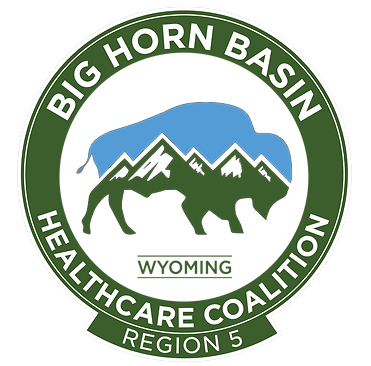Hospitals and health care facilities normally operate independently of one another as they provide care to people in communities across the country. When disaster strikes, these facilities must face new challenges, and have strong plans and partnerships in place before a disaster to help save lives.
ASPR’s Hospital Preparedness Program (HPP) provides leadership and funding through cooperative agreements to states, territories, and eligible major metropolitan areas to increase the ability of HPP funding recipients to plan for and respond to large-scale emergencies and disasters. HPP is the primary source of federal funding for health care system preparedness and response and, in collaboration with state and local health departments, prepares health care delivery systems to save lives through the development of health care coalitions (HCCs).
HCCs bring together individual health care and response organizations in a defined geographic area, such as acute care hospitals, emergency medical service (EMS) providers, emergency management agencies, and public health agencies, to prepare health care delivery systems to respond to emergencies and disasters. HCCs collaborate to ensure each member has what it needs to respond to emergencies and other events, including medical equipment and supplies, real-time information, communication systems, and educated and trained health care personnel in the event of an emergency.
HPP is a key program of the Health Care Readiness Programs portfolio and directly contributes to the National Special Pathogen System. HPP, and the HCCs it supports, establish a strong foundation for national health care preparedness by promoting a consistent focus on improving patient outcomes during emergencies and disasters to enable rapid recovery.
(More about the HPP program) https://aspr.hhs.gov/HealthCareReadiness/HPP
(More about healthcare coalitions)
